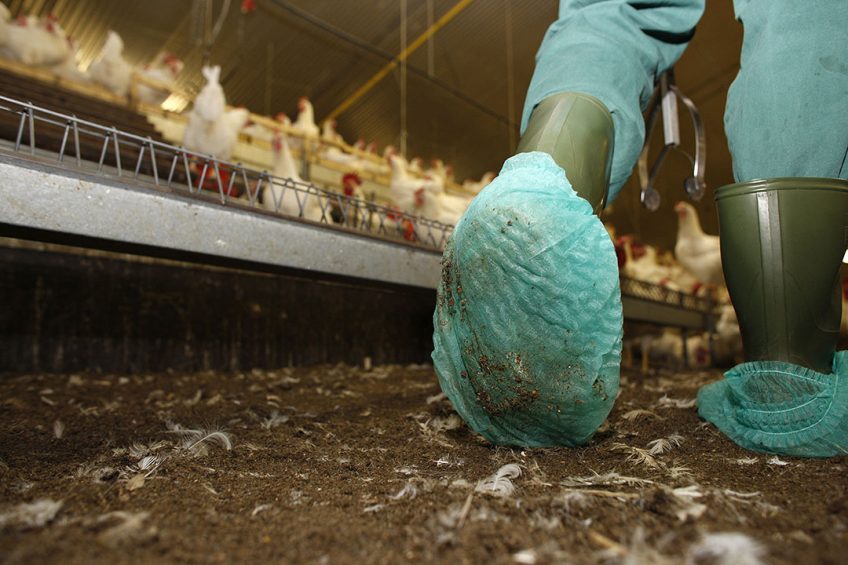UK meat processors struggle with labour

Meat processors in the United Kingdom have warned that some festive favourites could be in short supply this year because of problems finding enough labour.
The British Meat Processors Association (BMPA) told the Sun that there may not be enough workers to produce sufficient handmade products popular around Christmas, like devils on horseback or pigs in blankets.
Packing plants need 10-15% extra labour to get everything ready. And this is a challenge at the moment because of Brexit.” – Nick Allen, chef executive BMPA.
Britain voting to leave the EU has led to fewer European migrants as it caused the pound to weaken and political uncertainty made the country a less attractive place to work.
Its chief executive Nick Allen told the paper: “When it comes to Christmas, we often want our meat to be a bit special.
“The classic example is pigs in blankets. These are incredibly fiddly and very labour intensive.
“Packing plants need 10-15% extra labour to get everything ready. And this is a challenge at the moment because of Brexit.”
In order to guarantee access to safe, affordable and nutritious food in the coming years, the government must ensure that food producers have continued access to labour.” Shraddha Kaul, British Poultry Council.
The British Poultry Council’s Shraddha Kaul added: “Finding sufficient labour is becoming a massive challenge for the poultry meat sector as the uncertainty around Brexit is prompting many of our workers to seek jobs in other countries.
“In order to guarantee access to safe, affordable and nutritious food in the coming years, the government must ensure that food producers have continued access to labour.”













